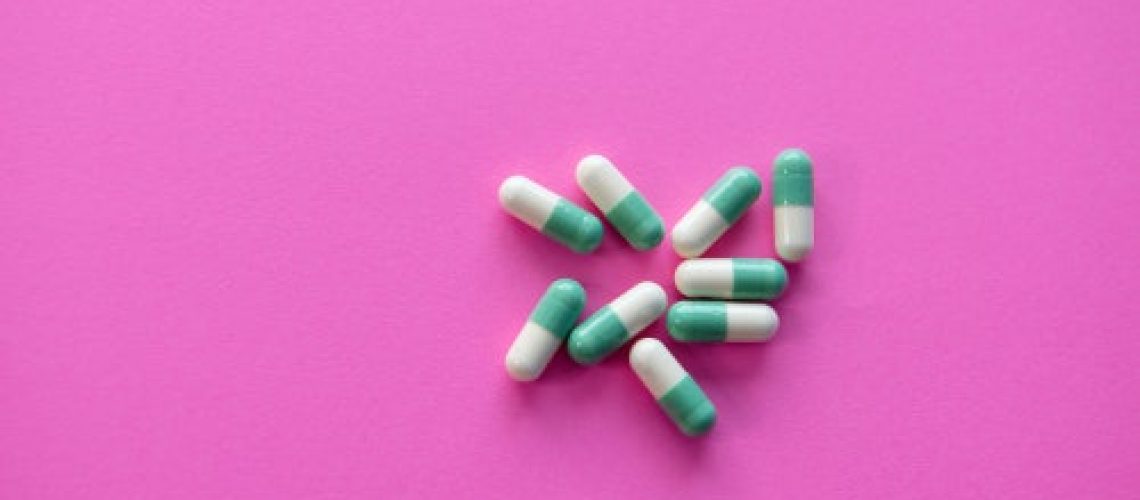SSRI stands for selective serotonin reuptake inhibitors. These are a group of drugs commonly prescribed to treat depression and anxiety. Serotonin’s biological function is complex and multifaceted, modulating mood, cognition, reward, learning, memory, and numerous physiological processes. Approximately 90% of the serotonin that the body produces is in the intestinal tract. In simple terms, psychiatry assumes if the body’s production of serotonin not ‘normal’, it is scientifically sensible to introduce a medicine that targets the production or enhances or replaces the natural serotonin with an SSRI to restore the person to a ‘normal’ way of being, of mood, of thinking and so on.
The profession of psychiatry still views depression purely as an illness. Insurance limitations have pushed many psychiatrists away from talking therapy and toward the more efficient prescription pad. So “there’s a lot of institutional and scientific investment in the exclusively disease model of depression. I’m basically telling colleagues they’re medicating people when they shouldn’t be. That’s not going to be welcome news. J. Anderson Thomson, “Does Depression Have an Evolutionary Purpose?” Matthew Hutson, Nautilus, (February 9, 2017).
Two meta-analyses published in 2008 (Kirsch) and 2010 (Fournier) found that in mild and moderate depression, the effect of SSRIs is small or none compared to placebo, while in very severe depression the effect of SSRIs is between “relatively small” and “substantial”.
The renowned author who has written acclaimed books such as ‘Anatomy of an Epidemic’ disclosed a WHO finding in a study of diagnosed depressed people that a higher proportion of the unmedicated people recovered and that continuing depression occurred more in those who were prescribed antidepressants. In addition, a further study showed that people with depression who were given antidepressants went onto longer-term disability.

